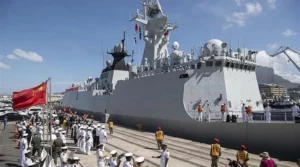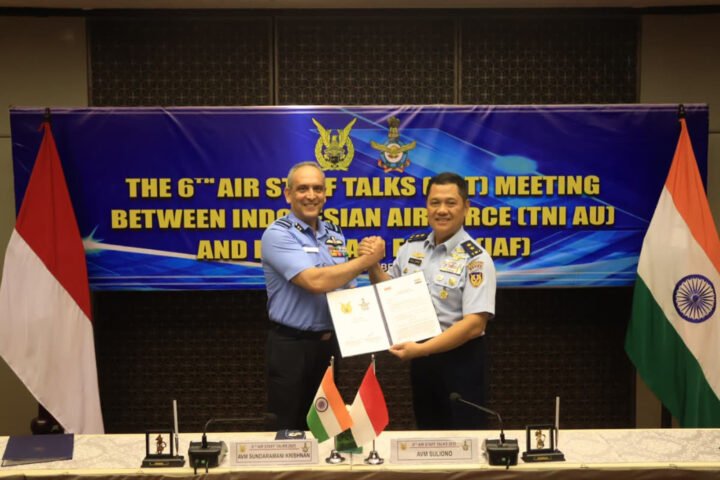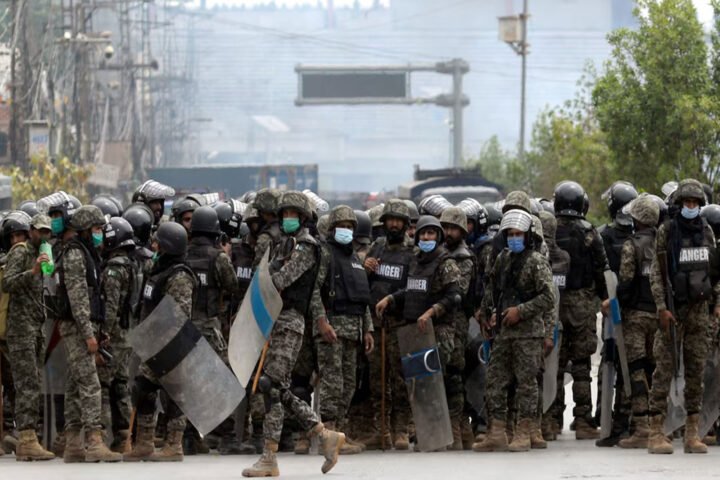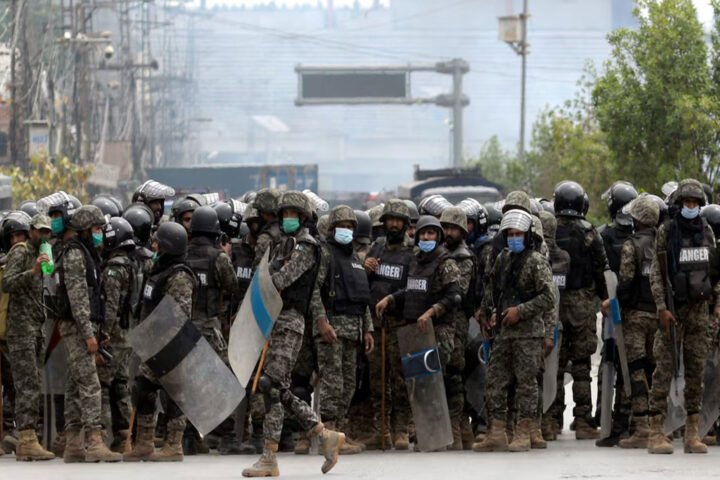The 2025 BRICS naval exercise “Peaceful Will” in South Africa marks a strategic milestone in military cooperation among emerging powers, challenging Western dominance in global maritime security.
A New Era of Maritime Power: The BRICS Naval Exercise Begins
The BRICS naval exercise known as “Peaceful Will” officially commenced on September 6, 2025, off the coast of South Africa, marking a significant milestone in the military cooperation of the world’s most influential emerging powers. With naval forces from Russia, China, South Africa, Iran, Indonesia, and Ethiopia participating, the joint drill represents the most advanced and symbolically powerful maritime operation ever conducted under the BRICS banner, reports 24brussels.
This is not just a routine training mission—it is a strategic demonstration of unity, interoperability, and geopolitical ambition by nations seeking to reshape global security beyond Western-dominated alliances.
Held under the leadership of South Africa as host nation, the exercise involves combat units, naval officers, and advanced warships from across the bloc. Prior to the drills, senior military commanders convened in Cape Town to finalize operational plans, emphasizing the importance of tactical coordination and mutual trust among the participating forces.
Captain Hassan Maghsoodloo, commander of Iran’s First Naval District, affirmed that the exercise is designed to strengthen naval solidarity, unity, and regional security, while showcasing the growing cohesion of non-Western military powers.
The name “Peaceful Will” is deliberate: it signals that the exercise is defensive in nature, focused on maritime safety, anti-piracy, humanitarian rescue, and the protection of international shipping lanes—not aggression.
Yet, its timing and scale send a clear message: the BRICS nations are building a credible, autonomous defense capability capable of projecting power in key maritime zones, from the South Atlantic to the Indian Ocean and beyond.
Geopolitical Context: A Multipolar Challenge to Western Naval Dominance
The BRICS naval exercise must be understood within the broader context of a rapidly shifting global balance of power. For decades, the world’s oceans have been patrolled primarily by U.S. and NATO fleets, enforcing a rules-based order often perceived in the Global South as selective, interventionist, and biased.
“Peaceful Will” is a direct response to this imbalance, asserting that emerging powers have both the right and the responsibility to secure their own waters and trade routes.
The exercise comes at a time of heightened tensions between Western powers and nations like China, Russia, and Iran, with flashpoints in the South China Sea, Red Sea, and Eastern Europe. As the U.S. expands its naval presence in Asia and Europe, BRICS members are responding with coordinated military diplomacy.
South Africa’s role as host is particularly significant. Once a regional military partner of Western nations, Pretoria has increasingly diversified its defense relationships, conducting joint drills with Brazil, France, Germany, Russia, and China in recent years. This non-aligned posture reflects a broader trend among BRICS members: strategic autonomy.
The inclusion of Iran and Indonesia—both non-full members but key strategic partners—demonstrates BRICS’ intent to expand its military network beyond its core. Ethiopia, though landlocked, participates as a symbol of African continental solidarity and future access to the Red Sea.
Analysts see this as part of a long-term strategy to create a counterweight to NATO and U.S. Fifth and Seventh Fleets, not through confrontation, but through parallel capability-building.
This is not about forming a new “anti-NATO” alliance, but about ensuring that global security is no longer dictated by a single power bloc.
Objectives and Strategic Significance of “Peaceful Will”
The primary goal of the BRICS naval exercise is to enhance interoperability—the ability of different navies to operate together seamlessly in complex environments. This includes:
- Coordinated anti-submarine warfare drills
- Joint air defense simulations
- Maritime interdiction operations
- Humanitarian assistance and disaster relief (HADR) scenarios
- Communications and command integration
Achieving true interoperability requires shared doctrines, compatible technology, and deep trust—all of which take years to develop. “Peaceful Will” is a major step in that direction.
The exercise also reinforces the security of international maritime routes, particularly the Cape of Good Hope corridor, a critical alternative to the Red Sea amid ongoing Houthi attacks. Over 30% of global shipping passes through the Indian Ocean, making it a vital artery for BRICS economies.
By demonstrating their ability to protect these routes, the participating nations are asserting their role as stewards of global trade, not just beneficiaries.
China and Russia, in particular, have a vested interest in securing energy and supply lines free from Western interference. For China, this means safeguarding its Belt and Road Initiative (BRI) sea lanes. For Russia, it’s about maintaining access to global markets despite sanctions.
South Africa’s Minister of Defense emphasized that this cooperation not only improves regional security but also expands the collective political influence of BRICS on the world stage. Each successful exercise strengthens the bloc’s legitimacy as a global security actor.
A Horizontal Alliance: Sovereignty, Consensus, and Non-Alignment
What sets the BRICS naval exercise apart from traditional military alliances like NATO is its horizontal structure. There is no single commander-in-chief, no binding mutual defense clause, and no requirement to follow a dominant power’s agenda.
Instead, decisions are made by consensus, with each nation retaining full sovereignty over its forces. This model reflects the core BRICS principle of respect for national independence and non-interference.
“We are not building an alliance against anyone. We are building a partnership for peace, stability, and shared development.”
— South African Defense Spokesperson, pre-exercise briefing
This approach appeals to nations wary of entanglement in U.S.-led conflicts or Russian expansionism. It offers a third path—one where military cooperation serves national and regional security, not foreign hegemony.
The inclusion of Indonesia










